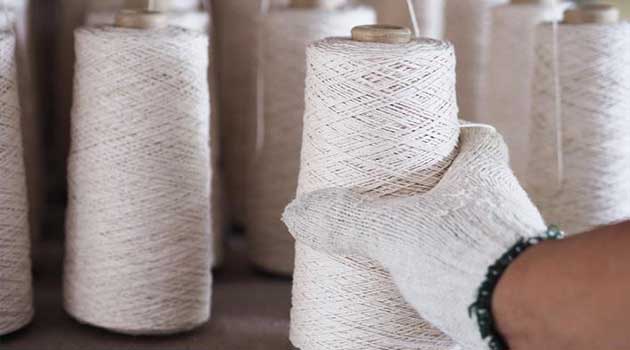By: Seshadri Ramkumar, Texas Tech University – Professor, Nonwovens & Advanced Materials Laboratory
(Lubbock, USA, August 18, 2020)—Indian current year’s cotton production will be more than the last month’s estimate.
India’s crop for the current season (October 1, 2019-September 30, 2020) is estimated to be 35.45 million bales (170 Kgs each). On August 17, Mumbai, India-based Cotton Association of India has revised its last month’s estimate upward by 1.9 million bales (170 Kgs each).
While the Indian production is expected to increase, total domestic consumption is projected to decrease by 3 million bales from the earlier estimate and is pegged at 25 million bales. The total supply will be about 40.25 million bales. Total domestic consumption last year (2018-19) was about 31.15 million bales (170 Kgs). This trend highlights the need to enhance consumption by exploring new and value-added applications for cotton.
An hour-long discussion with a Mumbai-based commodity analyst with over 25 years in the commodity field provided firsthand information on Indian market. COVID-19 has certainly played a major role in the decline in demand, but the COVID-19 scenario offers opportunities for the cotton supply chain to take stock of the situation. It is time to think about unexplored markets and industrial applications such as medical textiles.

Cotton Demand Needs Enhancement
Indian cotton prices are trading at lower level compared to international value—in spite of this situation, demand is not high. “Creating demand for cotton will help the entire supply chain such as farmers and end-users,” stated the trade analyst.
Complete lockdown in April and May has negatively influenced manufacturing and hence lack of demand. Even during the lockdown period, cotton has been arriving to markets and the Cotton Corporation of India (CCI) has been purchasing. After the lockdown was lifted in June, CCI has been procuring aggressively. To boost the demand, CCI has been offering bulk discount to mills to procure cotton. As the spinning mills are working at about 75% capacity, demand has not yet picked-up speed.
Kharif season’s cotton may start arriving in late September/early October. Cotton supply chain eagerly awaits the demand increase, hoping for improved consumer spending in the forthcoming festival period. Next year’s cotton crop may be higher than this year as the sowing has increased by 3.20 percent.

Until August 14, cotton sowing has been at 125.48 lakh hectares, which was 121.58 lakh hectares around this time, last year. With increase in acreage, it adds pressure to find new opportunities. End-users are endeavouring their best to push the products to consumers. “Readymade goods (RMG) demand in Europe, Middle East and United States need to pick-up,” stated Mumbai-based commodity expert. “Wholesale trades in markets like Surat are selling shirts at 50% value. Shirts normally selling at Rupees 500 are being sold at Rupees 200 in some Indian markets,” added the expert.
While COVID-19 has put a bolt-on manufacturing and consumer spending, it is time to look for nontraditional applications for cotton. The public mood is behind enhanced manufacturing such as sustainable and additive manufacturing. Surely, cotton will fit well in the new manufacturing equation. New product development and effective communication are valuable in these testing times. Programs like “Cotton & Coffee,” being organized by the United States’ Cotton Board are the need of the hour to engage with producers, end-users and consumers.



















